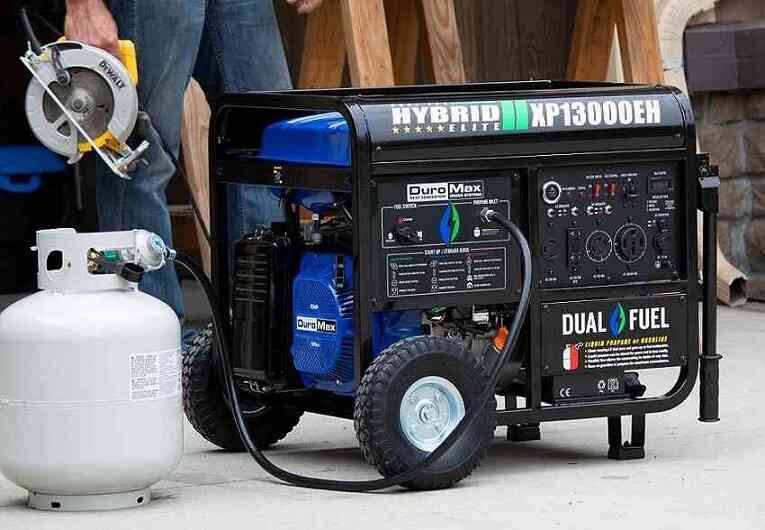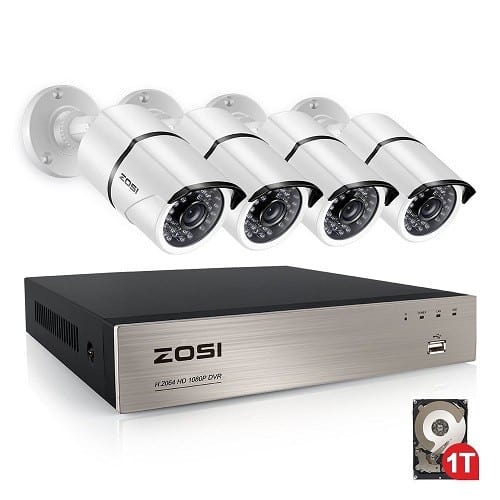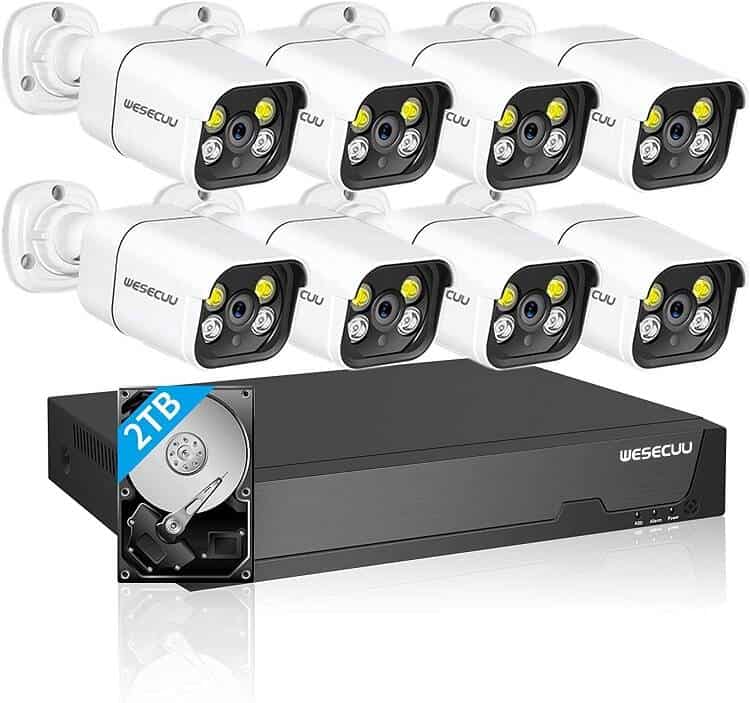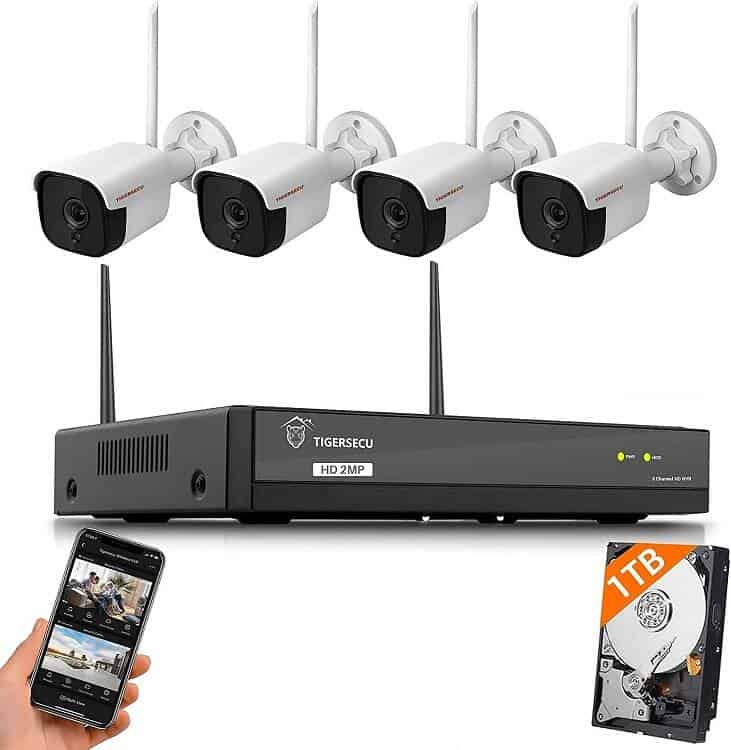How Long Can a Generator Last?
Before we dive into the lifespan of a generator, let’s establish what a generator is. A generator is a remarkable device that converts mechanical energy into electrical energy. It operates on the fundamental principle of electromagnetic induction and serves as a reliable source of backup power during unforeseen outages.

Types of Generators
Generators come in various types, each tailored to specific needs:
1. Portable Generators: These compact powerhouses are designed for mobility. They are perfect for camping trips, outdoor events, and providing short-term power during emergencies.
2. Standby Generators: Unlike their portable counterparts, standby generators are stationary power sources. They are seamlessly integrated into your electrical system and automatically activate during a power outage.
3. Industrial Generators: Industrial generators are the heavyweights of the generator world. They are designed to provide continuous power to large facilities, such as factories and hospitals, where uninterrupted electricity is critical.
Factors Affecting Generator Lifespan
Now that we have a clear understanding of generators, let’s explore the factors that significantly impact how long they can last:
1. Usage Frequency
One of the most critical factors affecting a generator’s lifespan is how often it’s used. The more frequently you rely on your generator, the shorter its lifespan will be. Continuous usage places greater stress on its components, leading to wear and tear over time.
2. Maintenance
Regular maintenance is the lifeblood of generator longevity. Neglecting maintenance tasks can significantly reduce a generator’s operational lifespan. Routine check-ups, oil changes, filter replacements, and thorough inspections are essential to ensure your generator stays in top condition.
3. Environmental Conditions
The environment in which a generator operates plays a crucial role in determining its lifespan. Generators exposed to extreme temperatures, high humidity, or corrosive environments may wear out faster. Proper storage and protection from harsh conditions are essential to extend a generator’s life.
4. Quality and Brand
The old adage, “you get what you pay for,” holds true for generators. High-quality generators from reputable brands tend to last longer. These generators are built with superior materials and craftsmanship, making them more resilient and reliable during extended use.
Statistics on Generator Lifespan
Now, let’s delve into the hard data regarding generator lifespans to give you a clear picture of what to expect:
1. Portable Generators
On average, portable generators can last between 1,000 to 2,000 hours of operation. However, this is a rough estimate and can vary significantly based on usage and maintenance. With proper care, some portable generators have been known to surpass these numbers.
2. Standby Generators
Standby generators, designed for long-term reliability, can last considerably longer. On average, they can endure between 10,000 to 30,000 hours of operation. The key to achieving the upper end of this range is regular maintenance and responsible usage.
3. Industrial Generators
When it comes to industrial generators, their robust construction and design shine through in their lifespan. These workhorses can last an impressive 30,000 to 50,000 hours. This makes them the top choice for businesses and facilities where continuous, uninterrupted power is non-negotiable.
Maximizing Generator Lifespan
Now that you have a clear understanding of the factors that influence generator lifespan, let’s explore some actionable steps to ensure your generator serves you faithfully for years to come:
1. Regular Maintenance
Make maintenance a non-negotiable priority. Perform routine checks, oil changes, filter replacements, and inspections as recommended by the manufacturer. Regular maintenance not only extends your generator’s life but also enhances its performance.
2. Proper Usage
Avoid overloading your generator and use it only when necessary. Running it continuously for extended periods can significantly reduce its lifespan. Consider investing in an appropriately sized generator to match your power needs.
3. Sheltered Storage
When not in use, store your generator in a dry, well-ventilated area. Shielding it from harsh environmental conditions, such as extreme cold or humidity, is essential to prevent premature wear and tear.
4. Quality Matters
Invest in a high-quality generator from a reputable brand. While it may come at a higher initial cost, the reliability and longer lifespan it offers make it a worthwhile investment in the long run.
Conclusion
In conclusion, the lifespan of a generator is not set in stone; rather, it depends on several crucial factors, including usage frequency, maintenance, environmental conditions, and the quality of the generator itself. While portable generators may last a few thousand hours, standby and industrial generators can endure much longer with proper care. Remember that regular maintenance and responsible usage are key to maximizing your generator’s lifespan.
FAQs
1. Can a generator last indefinitely with proper maintenance?
No, even with impeccable maintenance, generators have a finite lifespan. However, proper care can significantly extend their operational years.
2. Are there any warning signs that my generator needs maintenance?
Yes, common signs include unusual noises, smoke, reduced power output, and increased fuel consumption. If you notice any of these, it’s essential to schedule maintenance promptly.
3. Can extreme weather conditions affect generator lifespan?
Yes, extreme weather conditions, such as extreme cold or high humidity, can accelerate wear and tear on a generator. Sheltered storage is essential in such environments.
4. Is it worth investing in a high-quality generator?
Absolutely. High-quality generators tend to be more reliable and have longer lifespans. They are a worthwhile investment for ensuring uninterrupted power during outages.
5. How can I find the right generator for my needs?
To find the ideal generator, consider your power requirements, budget, and intended use. Consulting with a professional can also help you make an informed decision.
Disclaimer
Certain content that appears on this site comes from Amazon. As an Amazon Associate we earn from qualifying purchases. Read full Disclaimer Here!






